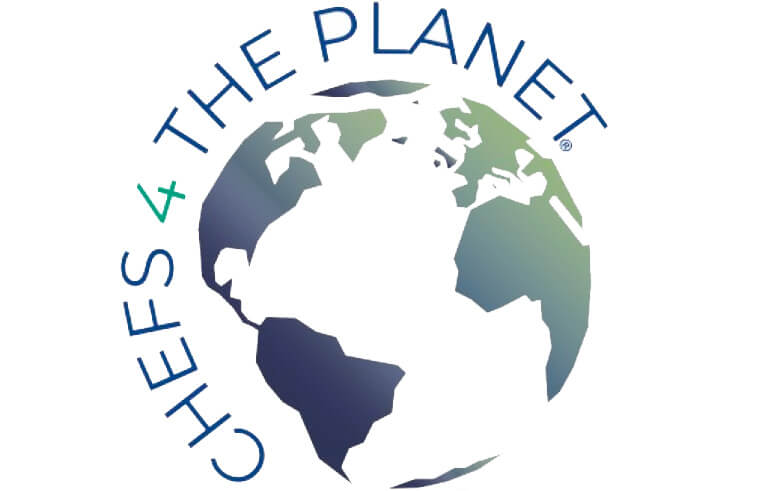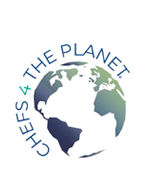“We should celebrate biodiversity every day, not just on May 22nd”
comments Edie Mukiibi, Vice- President of Slow Food. “Why? Because biodiversity is what enables agricultural systems to resist and overcome environmental shocks, pandemics and the climate crisis. It provides essential ecosystem services, such as pollination and soil fertility. It makes it possible to produce food with a lower impact on non-renewable resources and fewer external inputs, like pesticides. It is essential for our survival.”
Let’s look for a moment at the other side of the coin, at intensive agriculture, the system that is wiping out biodiversity at every level:
From micro-organisms in the soil to plant varieties, from animal breeds to the millenary knowledge that has allowed communities to cultivate the most difficult terrains and conserve primary ingredients, processing them into thousands of typologies of cheese, bread, charcuteries and so on.
Industry needs to produce a lot and in a standardized manner: it thus has to rely on a few varieties, all alike, and just three or four commercial animal breeds selected for their high meat or milk yields and suitable for stalling.
Monocultures and factory farming underpin our daily food. It is a model that demands an inordinate use of water, fertilizers, pesticides and antibiotics. Instead of taking care of the land, agriculture has thus become its worst enemy: today food production releases into the atmosphere 30 percent of the CO2 emissions produced by human activities. This model is closely connected with lifestyles that compromise our health: diets based on excessive consumption of meat and ultra-processed food, rich in sugars, fats, salt and preservatives. But that’s not all. The destruction of natural habitats (such as forests, cut down and burned to grow corn and soy for our livestock farms) increases the risk of epidemics exponentially owing to so-called spillover, the transmission of viruses from wild species (which used to live in uncontaminated environments) to farmed species and to humans.
Read the rest here: https://www.slowfood.com/international-day-for-biological-diversity-2021/


